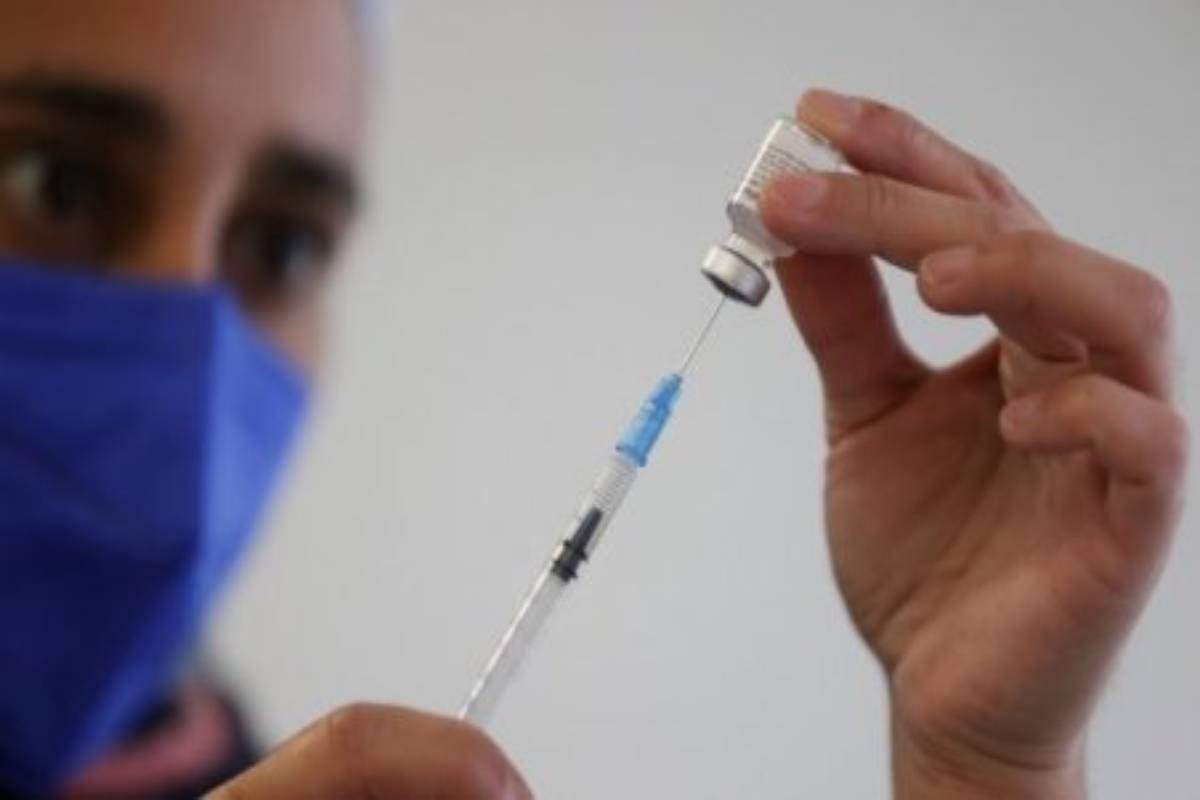Indonesia speeds up new TB vaccine development to combat rising cases
Indonesia is developing a new Tuberculosis (TB) vaccine to strengthen the fight against TB, which has claimed an average of 150,000 lives annually.
For years, the human papillomavirus (HPV) vaccine has been widely recognized as a crucial weapon against cervical cancer in women.

Representation image (File Photo)
For years, the human papillomavirus (HPV) vaccine has been widely recognized as a crucial weapon against cervical cancer in women. However, its benefits extend far beyond protecting female health, playing a vital role in safeguarding men from several health risks as well.
Breaking the chain of transmission: While HPV is indeed classified as a sexually transmitted infection (STI), it’s important to understand that it can be spread through non-sexual skin-to-skin contact as well. This means that even uninfected men can carry the virus and unknowingly transmit it to their partners. While a vaccinated man may still carry the virus, the HPV vaccine significantly reduces the viral load in their body. This translates to a lower risk of transmitting the virus to female partners, thereby indirectly contributing to a decrease in cervical cancer incidence.
Shielding males from cancers: The protective umbrella of the HPV vaccine extends beyond cervical cancer, shielding men from two potentially life-threatening diseases: oropharyngeal cancer (cancer of the throat) and penile cancer. Studies have shown that HPV strains 16 and 18, targeted by the vaccine, are responsible for approximately 70% of oropharyngeal cancers and 40% of penile cancers. By proactively getting vaccinated, men can drastically reduce their risk of developing these aggressive cancers, offering a powerful layer of protection.
Advertisement
Warts: Genital warts, while not life-threatening, can be a source of significant discomfort and embarrassment for men. These warts are also caused by certain HPV strains covered by the vaccine. Getting vaccinated reduces the chances of contracting these unsightly growths, offering peace of mind, and eliminating a potential source of self-consciousness.
The benefits of HPV vaccination for males transcend individual health. By lowering the overall HPV prevalence in the population, people can create a domino effect: a decrease in cervical cancer cases in women, a reduction in the burden on healthcare systems, and the promotion of overall sexual health for everyone.
HPV vaccination for males is not just an option, but a crucial public health intervention. The Centers for Disease Control and Prevention (CDC) recommends routine HPV vaccination for all boys and girls starting at age 11 or 12 years. Even young men who missed out on early vaccination can benefit from catching up later, with the CDC recommending vaccination through age 26.
While the importance of protecting women from cervical cancer through HPV vaccination is well-established, it’s time to acknowledge the comprehensive benefits this vaccine offers for males as well. By empowering men with the knowledge and access to HPV vaccination, people can build a healthier future for everyone, both individually and as a community.
Advertisement